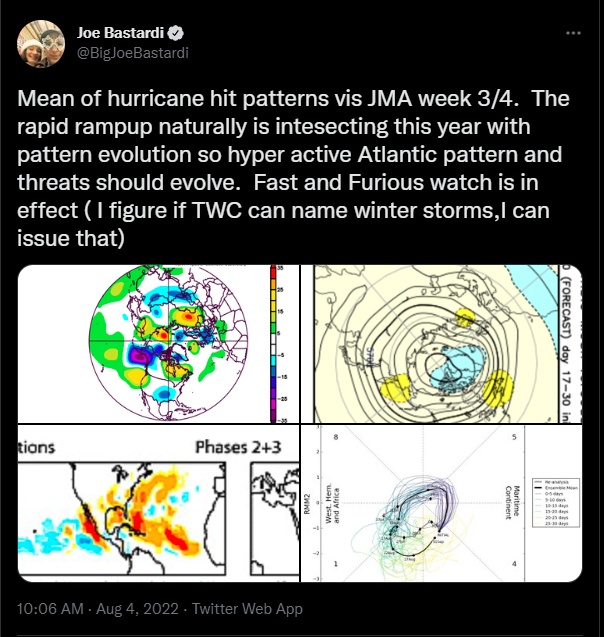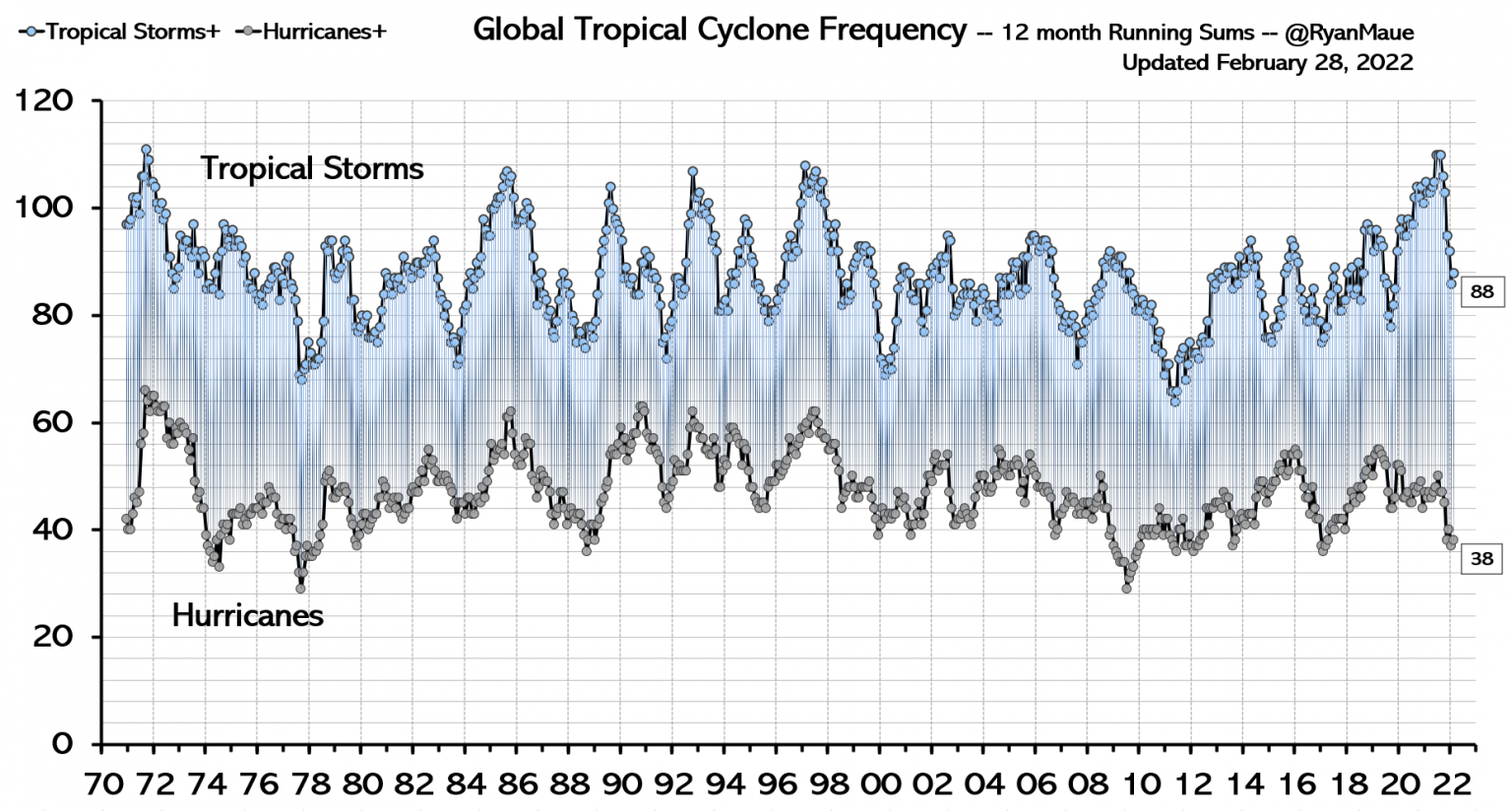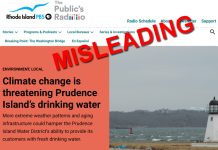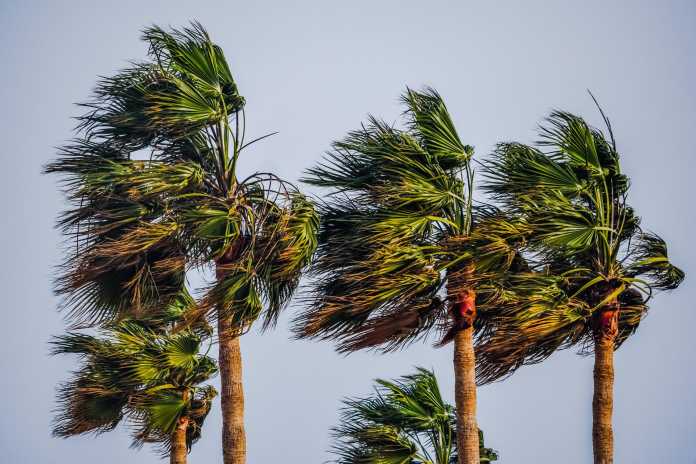A recent article in Bloomberg discusses the slow start to the Atlantic hurricane season this year. Despite this, Bloomberg points out government forecasters are not yet willing to change their predictions that the Atlantic will see an above-average hurricane season.
The article, “Hurricane Forecasts Trimmed on Slow Start for Atlantic Storm Season,” explains that top forecasters are being forced to reevaluate their predictions for this hurricane season, due to the very slow start.
On average, according to Bloomberg, there are 14 storms every hurricane season. This year, only three short tropical storms have occurred since the season started on June 1.
Despite the substandard start to the hurricane season, lead hurricane forecaster Matt Rosencrans, from the US Climate Prediction Center, told Bloomberg that “[w]hile the tropics have been relatively quiet over the last month, remember it only takes one landfalling hurricane to make it an active season.” Rosencrans continues, “You can get very active years with these lull periods in them.”
The Bloomberg piece correctly acknowledges that late August through the beginning of October is typically the busiest part of the hurricane season in the Atlantic.
Meteorologist Joe Bastardi, Chief Forecaster at Weatherbell Analytics, concurs with Rosencrans and other forecasters that the later part of this year’s hurricane season is likely to be much more active.

While Climate Realism is not in the business of attempting to forecast the weather, we can point to previous years’ slow hurricane season starts, and even historic hurricane droughts of the past, which are not unheard of. For example, there was not a single landfalling major hurricane (Category 3 and up) in the United States between 2004’s Hurricane Wilma and Hurricane Harvey in 2017.
Data show that hurricane frequency and intensity has not trended upwards, climate alarmists’ claims to the contrary. It is important to note, as the National Hurricane Center does, that hurricane tracking technology as advanced rapidly over the last century. The implications of improved technology to detect and track hurricanes is discussed in Climate Realism here.
Global tropical cyclone frequency, shown in the figure below, shows no trend either. A Climate Realism article by Sterling Burnett describes recent research published in Nature Communications that confirms that the Atlantic basin has seen no significant increase in storm frequency.

The Atlantic basin may well experience active second-half, maybe even above average, and people who live in hurricane country should be prepared for it. Any attempts by the media to connect hurricanes to climate change is not based on data, however.
To Bloomberg journalist Brian K. Sullivan’s credit, he refrained from sneaking a climate change attribution claim into the piece, sticking to the facts as they are presently known. Time will tell if the anticipated leap into an above-average hurricane season will actually happen, but if it does, hopefully journalists will continue to stick to the facts instead of fearmongering.


















